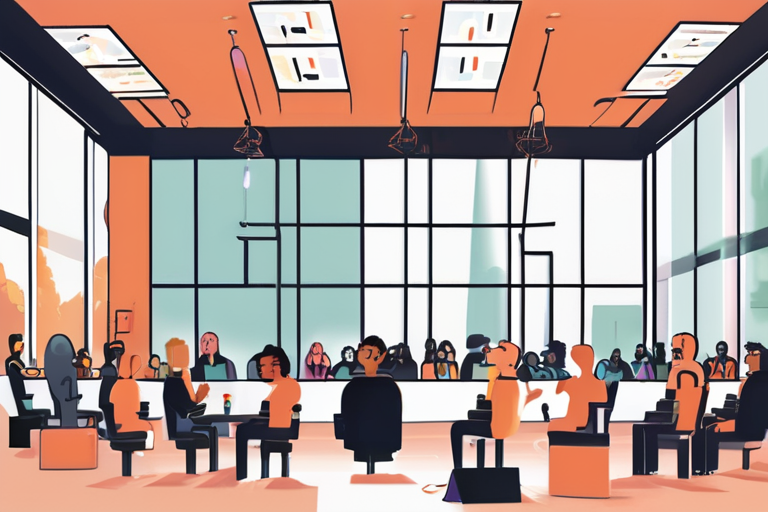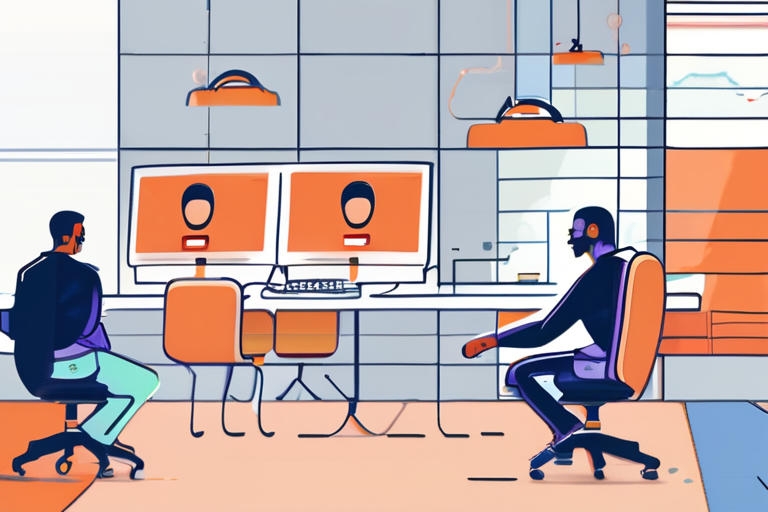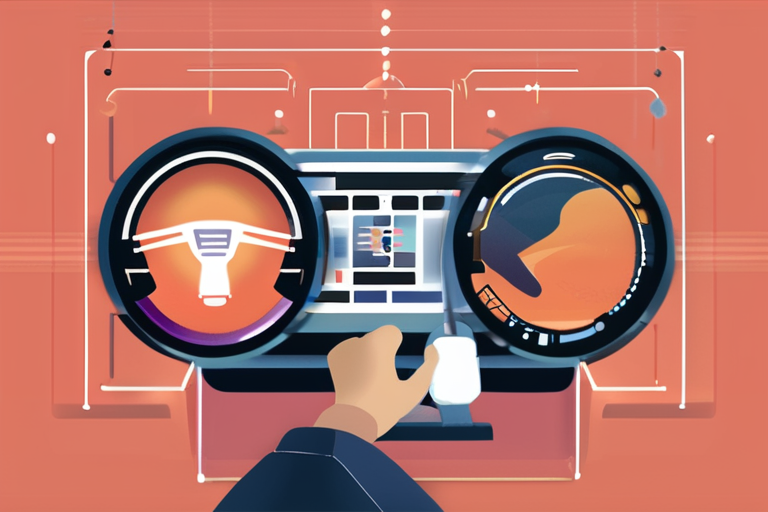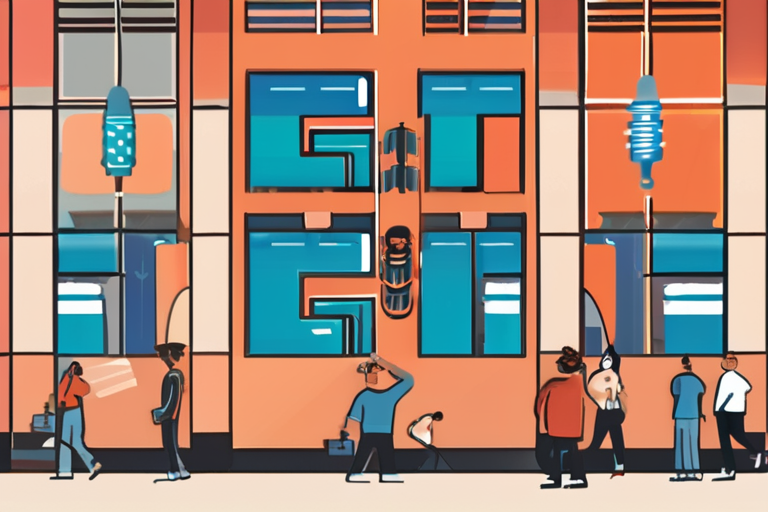GZDoom Community Splinters Amid AI-Generated Code Controversy
A long-standing open-source community behind the popular Doom port GZDoom has fractured, with a significant number of developers defecting to a new fork called UZDoom in protest of the project's leadership. The move comes after GZDoom creator and maintainer Cristoph Oelckers (aka Graf Zahl) admitted to incorporating untested AI-generated code into the project's codebase.
According to Nash Muhandes, a prominent developer who helped spearhead the fork, the decision was made due to "disagreements...some recent; some tolerated for close to 2 decades" over how collaboration should work within the community. "We felt that our concerns were not being addressed, and we had no choice but to take matters into our own hands," Muhandes said in an interview.
GZDoom has been a cornerstone of the Doom modding scene since its inception in 1998, offering advanced graphics rendering and deep modding capabilities. The project's open-source nature has made it a hub for collaborative development, with hundreds of contributors working together to create new content and features.
However, Oelckers' decision to incorporate AI-generated code without thorough testing has raised concerns among some developers about the integrity and stability of the project. "We're not against innovation or trying new things," said Muhandes. "But when it comes to critical components like game logic, we need to be sure that they're tested and reliable."
The controversy highlights a broader trend in open-source development: the increasing reliance on AI-generated code and the challenges of integrating it into existing projects. As Muhandes noted, "AI can be a powerful tool, but it's not a replacement for human judgment and expertise."
The UZDoom fork has already attracted significant attention from within the Doom community, with many developers expressing support for the new project. However, Oelckers remains committed to GZDoom, stating that he is "disappointed" by the decision to fork but willing to work towards a resolution.
As the situation continues to unfold, it remains to be seen how this controversy will impact the future of GZDoom and the broader Doom modding community. One thing is certain: the incident has sparked a wider conversation about the role of AI in open-source development and the importance of collaboration and transparency within communities.
Background
GZDoom was first released in 1998 as an extension of ZDoom, which itself was based on the original Doom source code released by id Software's John Carmack in 1997. Over the years, GZDoom has become a beloved platform for Doom modding, with thousands of community-created content packs and mods available.
Additional Perspectives
"I'm not surprised that this happened," said Doom modder and developer, "I've seen similar controversies arise within other open-source projects. It's a sign of the times – as AI becomes more prevalent in development, we need to be careful about how it's integrated into our codebases."
"It's unfortunate that it had to come to this," added Oelckers. "I understand the concerns, but I believe that the benefits of incorporating AI-generated code outweigh the risks. We'll continue to work towards making GZDoom the best it can be."
Current Status and Next Developments
The UZDoom fork is currently in active development, with a team of developers working on integrating new features and content into the project. Meanwhile, Oelckers remains committed to GZDoom, stating that he will continue to work towards resolving the issues raised by the controversy.
As the situation continues to unfold, it's clear that this incident has sparked a wider conversation about the role of AI in open-source development and the importance of collaboration and transparency within communities.
*Reporting by Arstechnica.*



 Hoppi
Hoppi

 Hoppi
Hoppi

 Hoppi
Hoppi

 Hoppi
Hoppi

 Hoppi
Hoppi

 Hoppi
Hoppi











